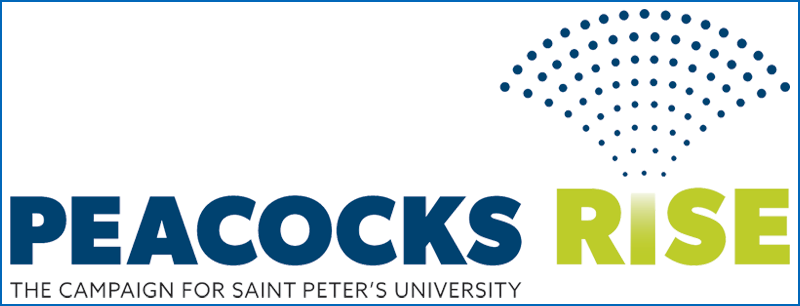The FAQs on the SECURE Act
The Setting Every Community Up for Retirement Enhancement (SECURE) Act was enacted Jan. 1, 2020. With it came many questions for those who are planning for retirement, retired or who are retiring in the near future.
Passed as part of a spending bill, the SECURE Act brought with it the most significant changes to retirement plans since 2006. While some changes impact you, others will impact the people you name as a beneficiary.
Changes to Know
- You can contribute to your IRA longer. Previously, you could not contribute to your IRA after reaching the age of 70½. However, more and more people are working past that age. The SECURE Act repeals this age limitation, allowing you more time to save provided you have compensation.
- The required minimum distribution (RMD) age changed. The SECURE Act changed the age at which you must start taking RMDs from your retirement account from 70½ to 72 for those who were born July 1, 1949, or later. This change allows you additional time to grow the funds in your account before you have to start withdrawing from it.
- IRA beneficiary rules have changed. Prior to the SECURE Act, beneficiaries could take distributions throughout their lives. This offered tax savings for the beneficiary. The SECURE Act preserved this option for beneficiaries who are spouses, but repeals it for non-spousal IRA beneficiaries. They will now have 10 years to withdraw the entire amount.
What Stayed the Same
If you’re 70½ or older, you can still make a tax-free gift from your IRA to a qualified charitable organization. You can transfer any amount up to $100,000* per year directly to a qualified charitable organization without paying income tax on the distribution. The transfer generates neither taxable income nor a tax deduction, so you benefit even if you do not itemize your deductions. Your gift will also be put to use today, allowing you to see the difference you’re making. Please contact Linda S. Moore, J.D. at lmoore2@saintpeters.edu or (201) 761-6128 to discuss gift planning options.
Review Your Plans
If you have questions about the impact of the SECURE Act on your retirement plans, be sure to make an appointment with your financial advisor. They can review the plans you have in place (including your beneficiary designations) and help make sure you are still on the right track.
*Consult your advisors if you also make tax-deductible contributions to your IRA.
